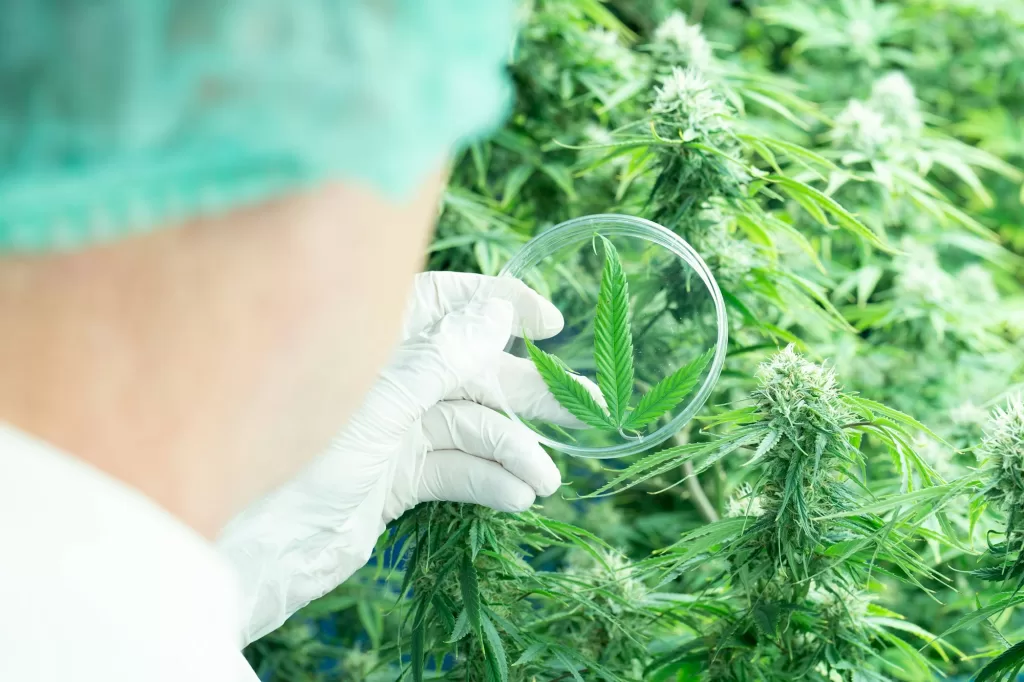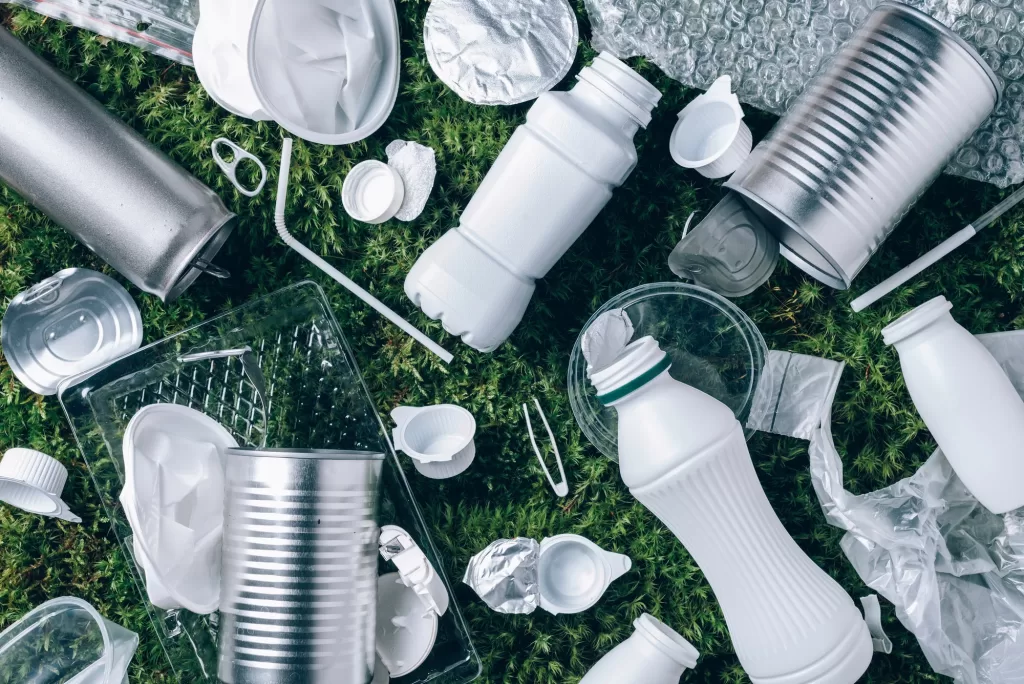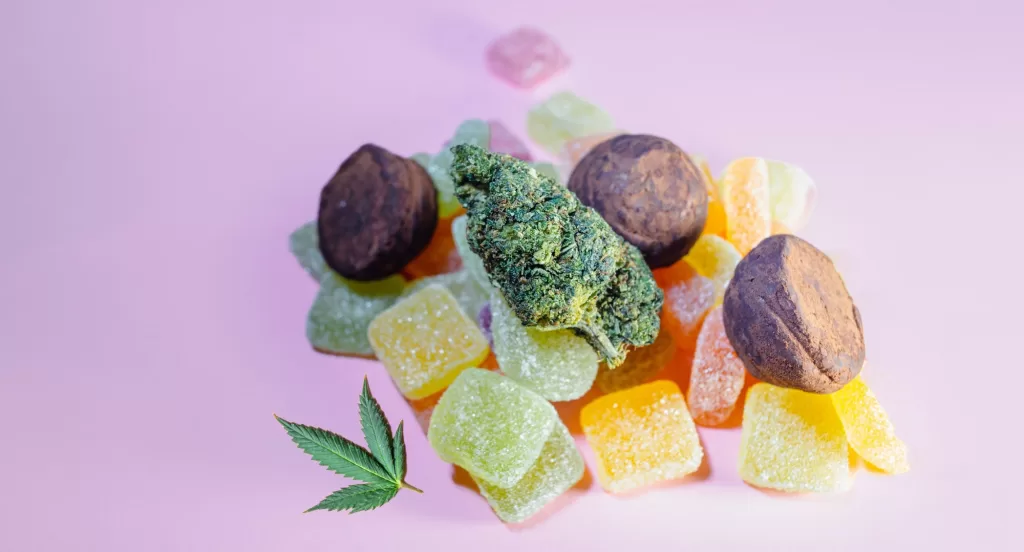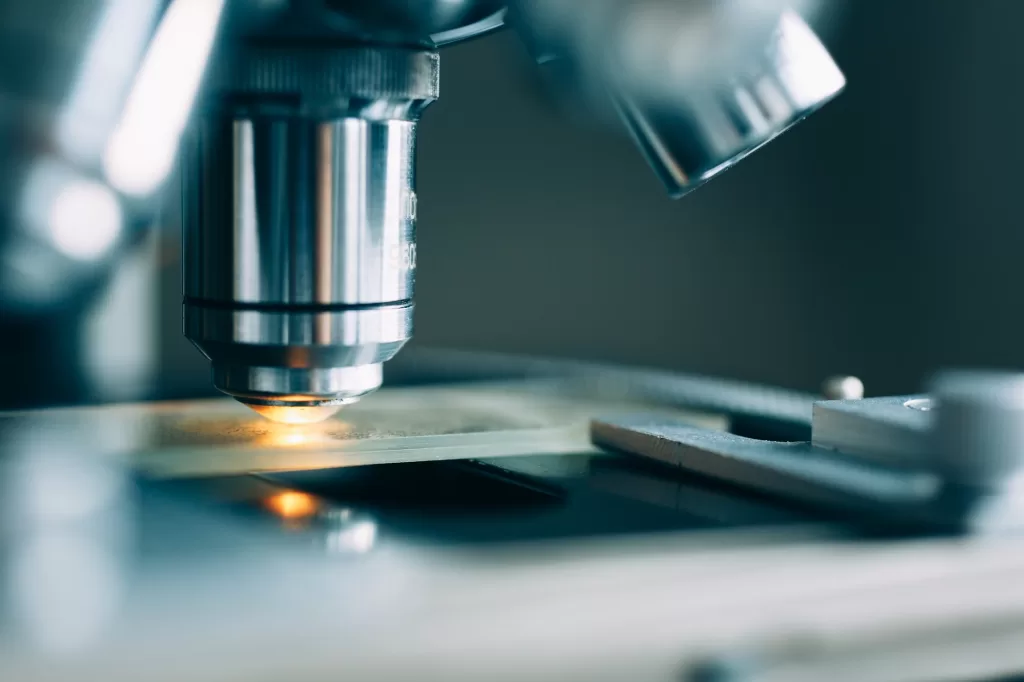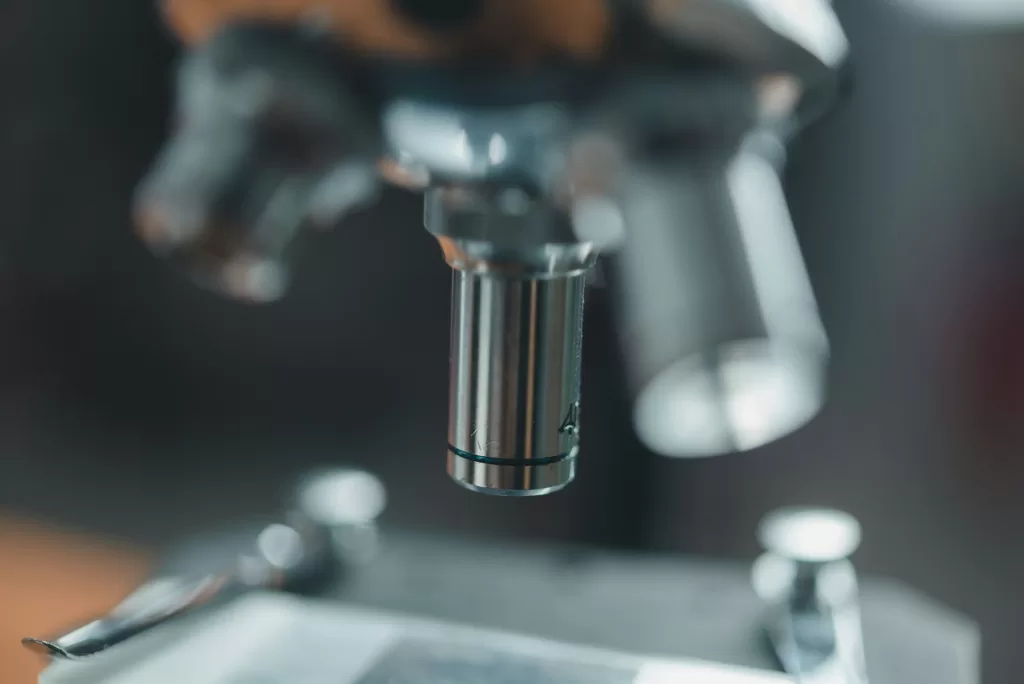Many recent studies have noted a blossoming relationship between an interesting pair: hemp crops and bees.
Why the correlation?
Industrial hemp crops are wind-pollinated, and while they do not produce nectar they naturally create a lot of pollen that are attractive to bees, according to a study featured in Biomass and Bioenergy.
Hemp also typically begins to flower in late summer, which access to other plants could be limited for bees. Hemp provides a potential solution to the rapid decline of insects all over the world, specifically pollinators like bees.
Bee populations have been declining since 2005, and commercial beekeepers in the US have reported honey bee colony loss rates averaging 30 percent each winter, versus a previous 10 to 15 percent loss.

What’s causing the loss in bees?
Herbicides, insecticides, and pesticides, in addition to urbanization and the way we live, according to this article featuring Reed Johnson, a researcher in Ohio State’s Department of Entomology.
Pollinators contribute roughly $500 billion a year to global food production. Bees specifically are responsible for pollinating about one-third of the world’s food supply. In the United States, honey bees alone provide pollination services estimated to be around $15 billion annually.

How does hemp pollen help?
Author Kyle Huewe stated in an article (CBDChoice) that by “strategically planting hemp crops, we could create a more sustainable, year-round ecosystem for bee populations.”
Bees create honey from nectar, not pollen, so while the bees can’t make honey directly from hemp, there are benefits. In the article “The Relationship Between Hemp & Honey Bees,” Huewe explained the benefit of hemp pollen for bees, stating that as a bee carries “pollen pellets” from one hemp plant to the next, the bee fertilizes the plants. The bee can also cross-pollinate other plants (not just hemp crops) using the hemp pollen.
How can the population be saved?
A study featured in Environmental Entomology last year analyzed bees visiting hemp flowers on farms in New York, identifying all bee visitors to the species level and found that hemp supported 16 different bee species.
Researchers found that hemp has the potential to “provide a critical nutritional resource to a diverse community of bees during a period of floral scarcity and thereby may help to sustain agroecosystem-wide pollination services for other crops in the landscape.”
“As cultivation of hemp increases, growers, land managers, and policy makers should consider its value in supporting bee communities and take its attractiveness to bees into account when developing pest management strategies,” the researchers concluded.


